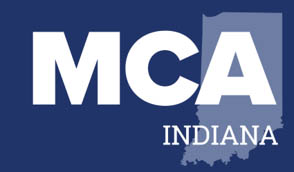BOILERS
(Hot Water & Steam)
When you choose JMI Mechanical, you’re getting skilled and friendly technicians with a trustworthy brand and reputation. We take pride in our work because we genuinely enjoy what we do, and it reflects in our service!
Understanding Boilers and Hot Water Systems
Boilers are like big kettles used in buildings to heat water and air for different purposes. They’re super important in places like offices and malls because they help keep the building warm and provide hot water for showers and sinks. If you’re an engineer or designer working on buildings, it’s really important to know how boilers work and how to choose the right one for the job.
Boilers work kind of like those kettles you use at home, but way bigger. Instead of just making a cup of tea, they heat water on a much larger scale. This hot water can then be used to warm up the air in a building through radiators or underfloor heating systems. It can also be pumped around to provide hot water for sinks and showers.
Codes and Standards for Boilers
When it comes to making boilers, there are rules and guidelines to follow to ensure they’re built and operated safely and effectively. One major guideline in this area is the ASME Boiler and Pressure Vessel Code (BPVC). It’s like a manual that tells manufacturers how to make boilers right. But there are other rules, too, like the International Mechanical Code (IMC), which also gives important standards for how boilers should work to keep things safe and running smoothly.
How Boilers Work
Boilers are machines that create energy by burning stuff, usually fuel like natural gas, diesel, or propane. They use this energy to heat liquids, like water or other fluids, which can then be used for heating buildings or industrial processes. Inside the boiler, there are special parts called heat exchangers that help move the heat from the burning fuel to the liquid, making sure it gets used efficiently. So, basically, boilers take fuel and turn it into heat that we can use for all sorts of things.
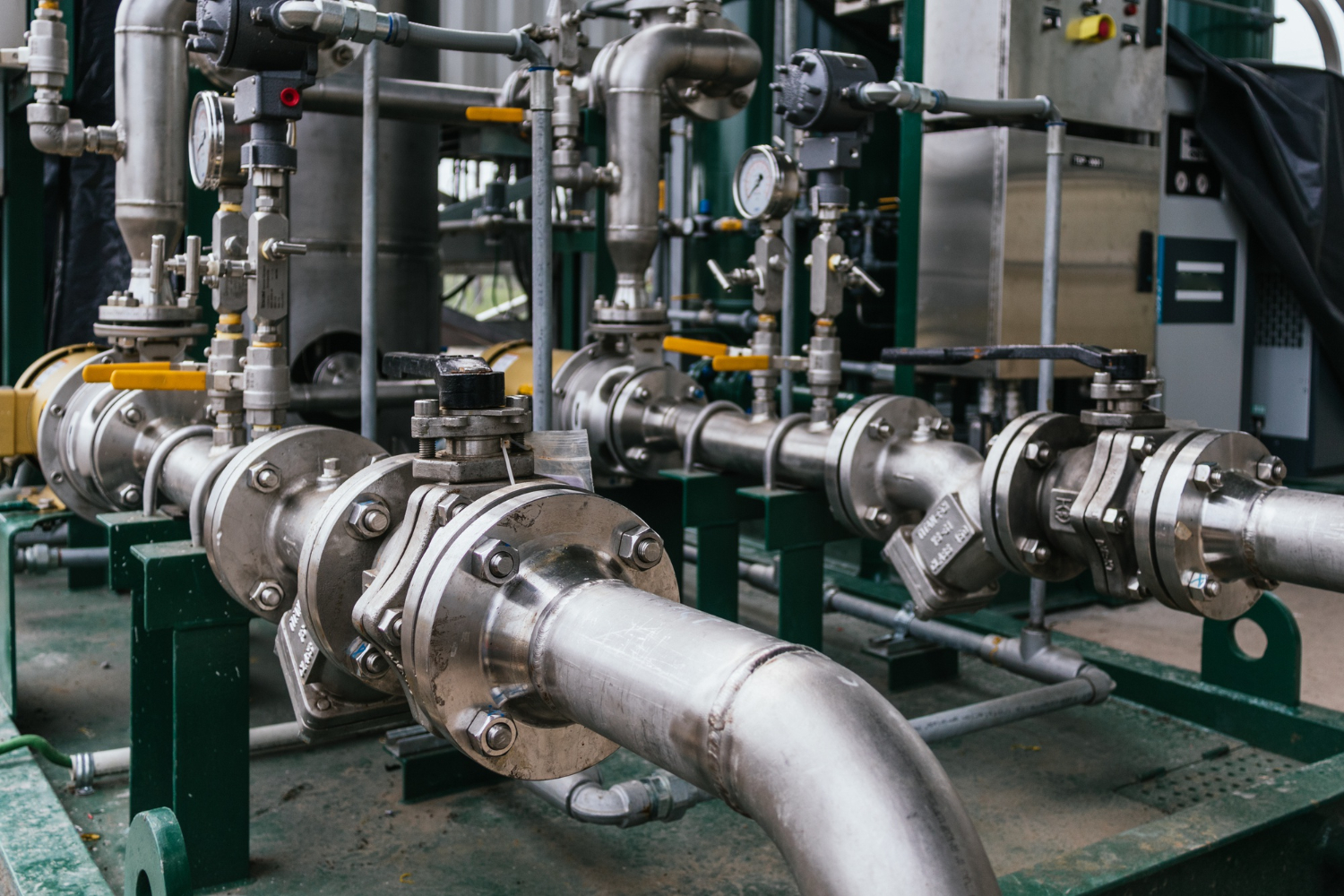
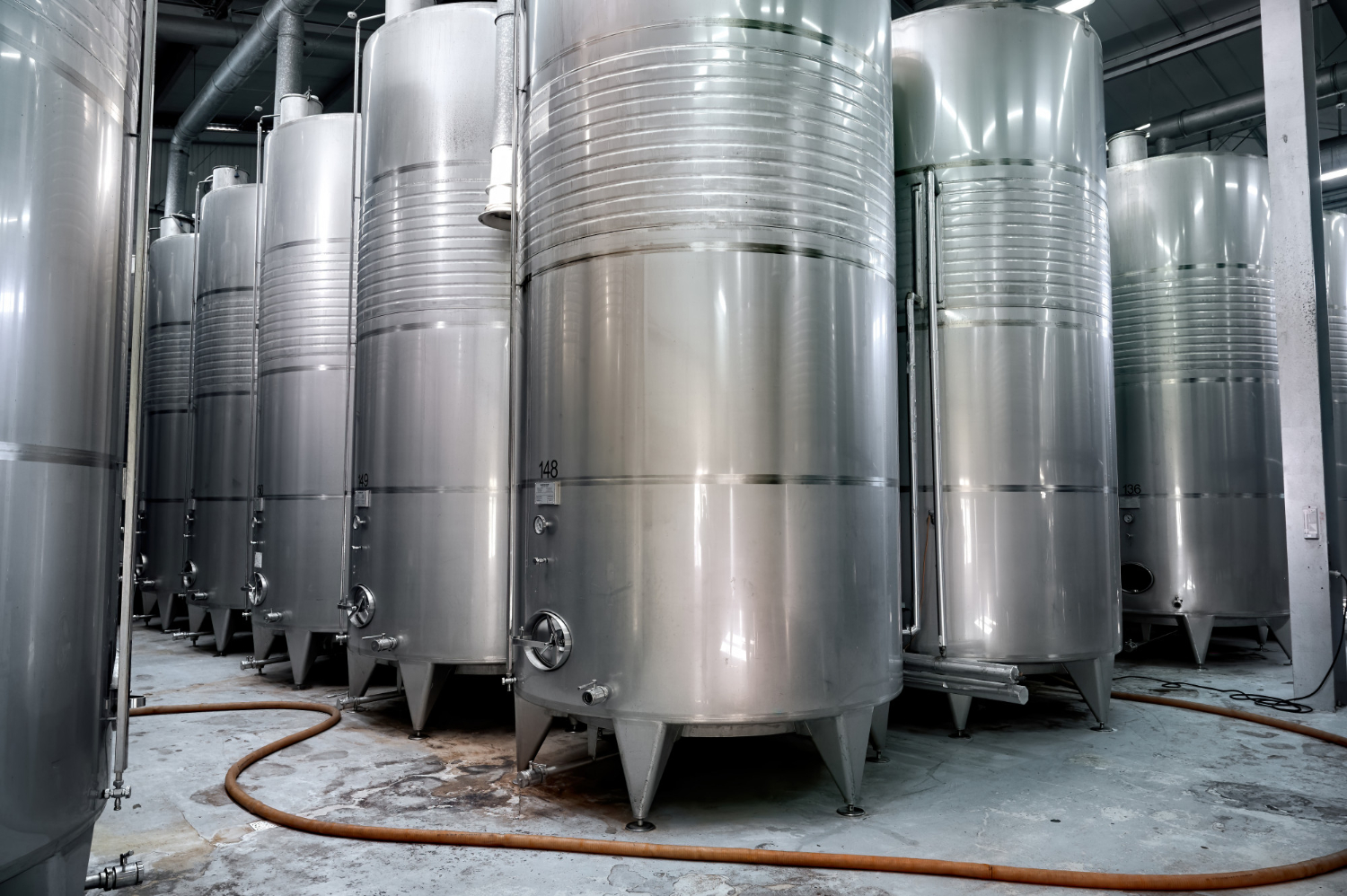
Understanding ASME BPVC Sections
The ASME BPVC is like a big book split into different sections, each dealing with different types of boilers and pressure vessels. These sections give specific rules about how to build, check, and use these boilers safely.
What Goes Into Designing Boilers
When engineers design boilers, they have to follow strict rules set by the ASME BPVC. They need to think about things like how much pressure the boiler can handle, what kind of fuel it will use, and making sure it meets all the suggestions from the manufacturer. These things are super important to make sure the boiler works well and doesn’t cause any problems.
Understanding the International Mechanical Code (IMC)
The International Mechanical Code (IMC) is like a rulebook for designing boilers. It gives important instructions on things like how much air a boiler needs to burn properly and how to connect it to other parts of a heating system. Following the rules in the IMC helps make sure that boilers are safe and work the way they’re supposed to.
Why Boiler Safety Matters
When it comes to designing boilers, safety is the most important thing. Standards like ASME-CSD-1 lay out the rules for making sure boilers are safe to use, especially when they’re powered by fuel. Making sure there’s enough space around a boiler and keeping up with maintenance are key to making sure it stays safe and works well for a long time.

Piping Systems for Heating Made Easy
There are different ways pipes can be set up for heating systems, like having one pipe, two pipes, or four pipes. Each way has its good and bad points when it comes to heating stuff. But it’s really important to make sure the pipes are the right size and set up the right way so the hot stuff flows where it’s needed without wasting energy.
Boiler Room Design and Maintenance Simplified
Creating and keeping up with boiler rooms is super important to make sure they work well and keep everyone safe. Using special computer programs to make 3D models helps make the most out of the space and makes it easier to fix things when needed.
Expansion Tanks and Air Separators
In closed-loop systems, there are extra parts called expansion tanks and air separators. These help keep the system working well and safe. Choosing the right ones and putting them in correctly is really important for the system to work correctly.
Expansion tanks are like safety nets for the system. They help manage the extra water that builds up when it gets hot. Without them, the system might get too much pressure and break.
Air separators do just what they sound like – they take out air from the water. Air can mess up the system and make it less efficient. So, these separators help keep the water flowing smoothly.
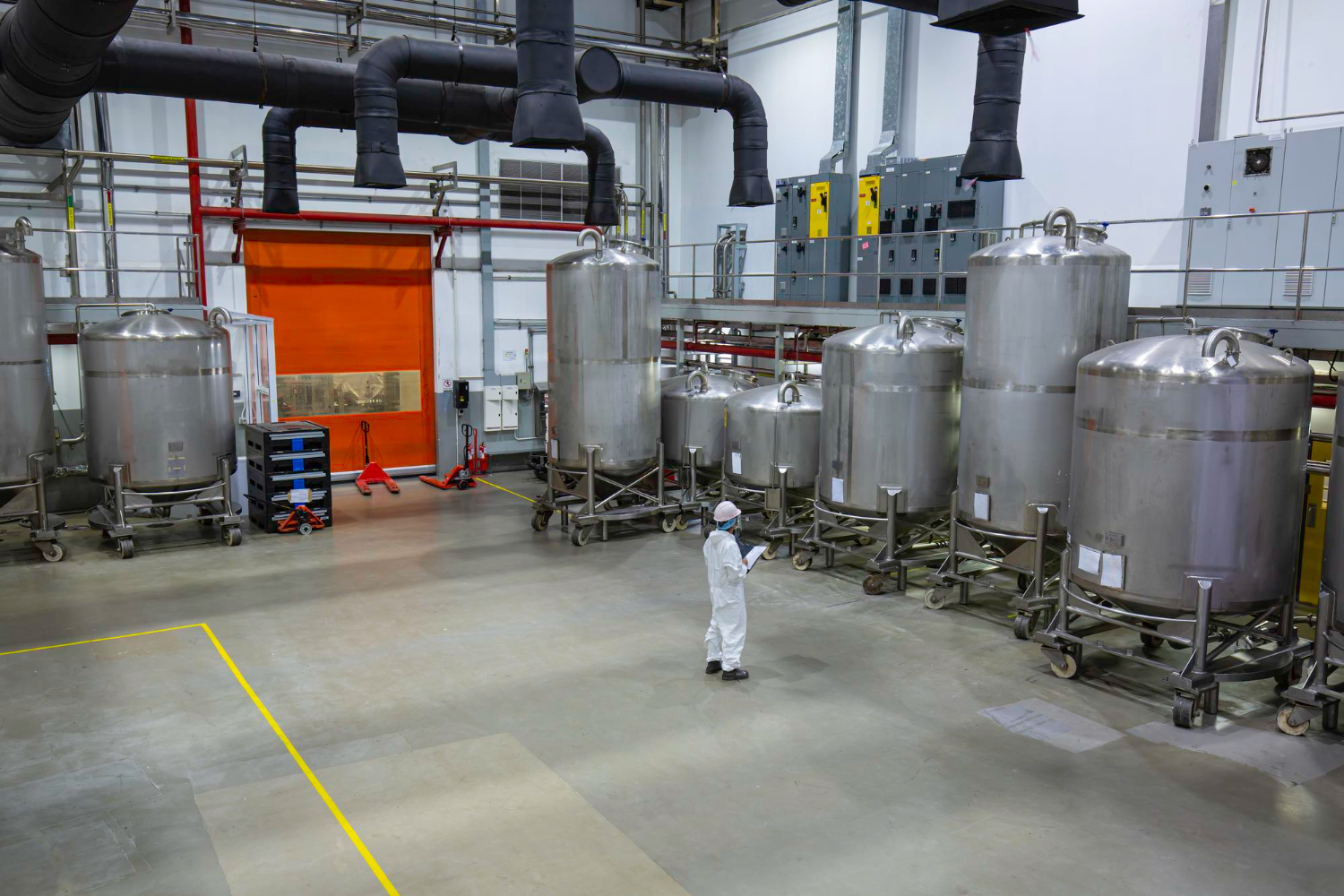
Pumping Options for Hot Water Systems
When it comes to moving hot water around in a building, engineers have different choices for pumps. They need to think about things like what the building needs and what the best use of money is. Making the right choice means the system will work well and not waste energy.
One option is a primary pump. It’s like the main pump that pushes the hot water through the pipes. Another option is a primary/secondary system. This means there’s a main pump and then smaller pumps for different parts of the building.
Choosing the right pumping system is important. It helps make sure the hot water gets where it needs to go without using too much energy.
What Sensible Load Calculations Do
Engineers use sensible load calculations to figure out how much heating power a building needs. This helps them design the heating system in a way that uses energy wisely while keeping everyone warm and cozy inside.
Why Boilers and Hot Water Systems Are Important
Boilers and hot water systems are really important in places like offices and stores because they provide reliable and efficient heating. They make sure the building stays warm even during chilly weather.
Different Types of Boilers: Condensing vs. Noncondensing
Knowing the contrast between condensing and noncondensing boilers is super important when you’re choosing which one to use. These two types have differences in how efficient they are, how much maintenance they need, and how they work.
Where Boilers are Used
Boilers are used in lots of different situations, like keeping buildings warm, heating water for homes, and in industrial processes. When you’re picking out a boiler, it’s really important to figure out how much heat you need for your building so you can choose the right size and type of boiler.
Understanding Heating System Design Factors
When designing a heating system, certain factors like temperature differences and flow rates play a big role in how well it works and how much energy it uses. These are important to consider to make sure the system works efficiently and keeps people comfortable.
Why Temperature and Flow Rates Matter
The difference in temperature between the hot water going into the system and the cooler water coming out affects how much heat is transferred to the building. The flow rate, or how fast the water moves through the system, also impacts how effectively the heat is distributed.
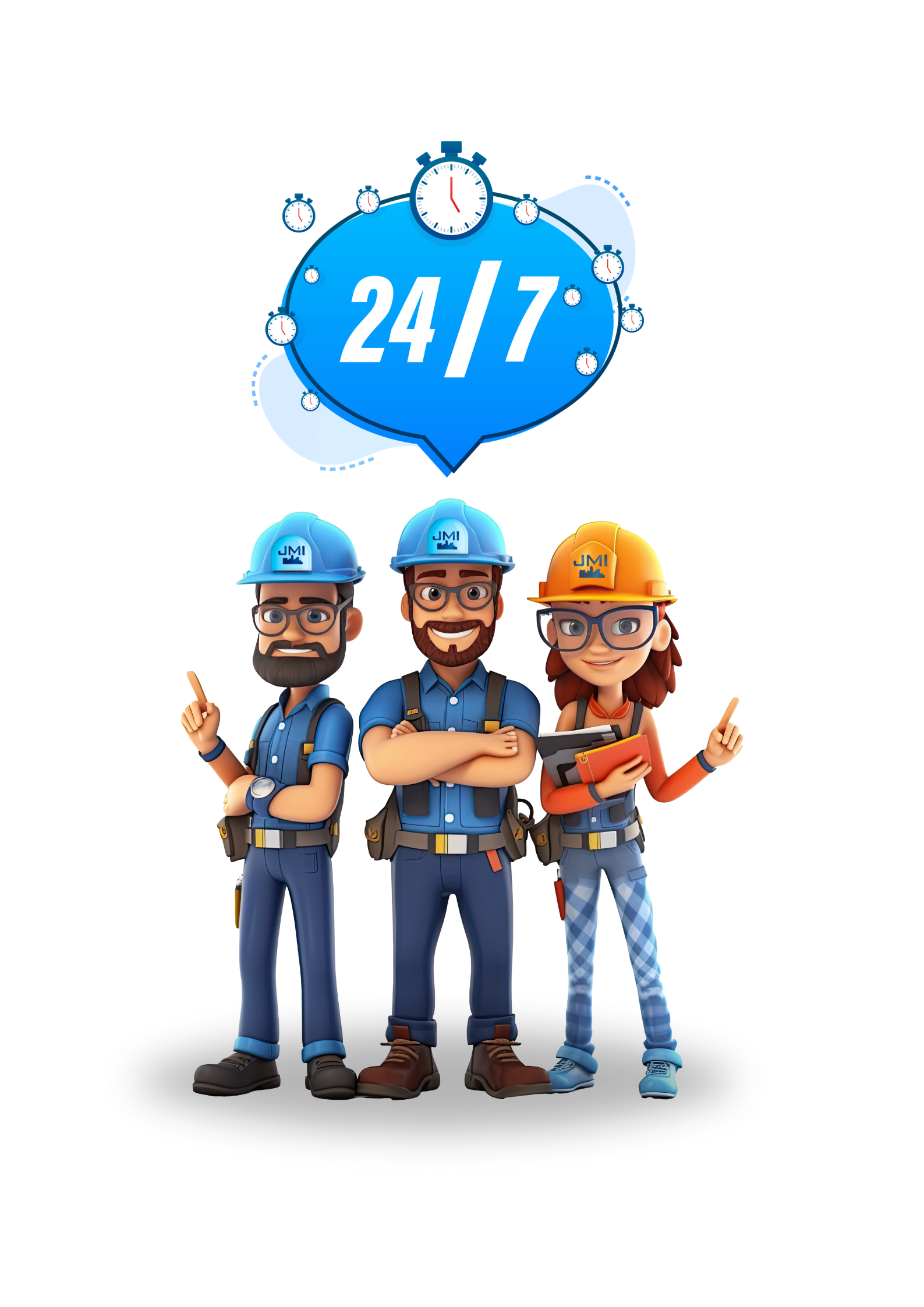
Reach Out To Us!
In summary, boilers and hot water systems are crucial parts of commercial buildings because they keep everyone warm and comfortable. By understanding the rules, thinking carefully about design, and payinga attention to how the system works, engineers can create heating systems that are safe, dependable, and don’t waste energy.
Suppose you ever have issues with your boilers or hot water systems. In that case, you can rely on JMI Mechanical to provide excellent service. Get in touch with us now for any heating, ventilation, or air conditioning (HVAC) services you require.
FREE QUOTE
Do you need help with HVAC or Plumbing service or maintenance? Fill out this form to get in touch with JMI Mechanical.
OFFICE LINE
ADDRESS
5610 Dividend Rd. Suite A, Indianapolis, IN 46241
WORKING HOURS
OPEN 24/7/365
OFFICE LINE
1.800.555.6789
EMERGENCY
1.800.555.0000
WORKING HOURS



